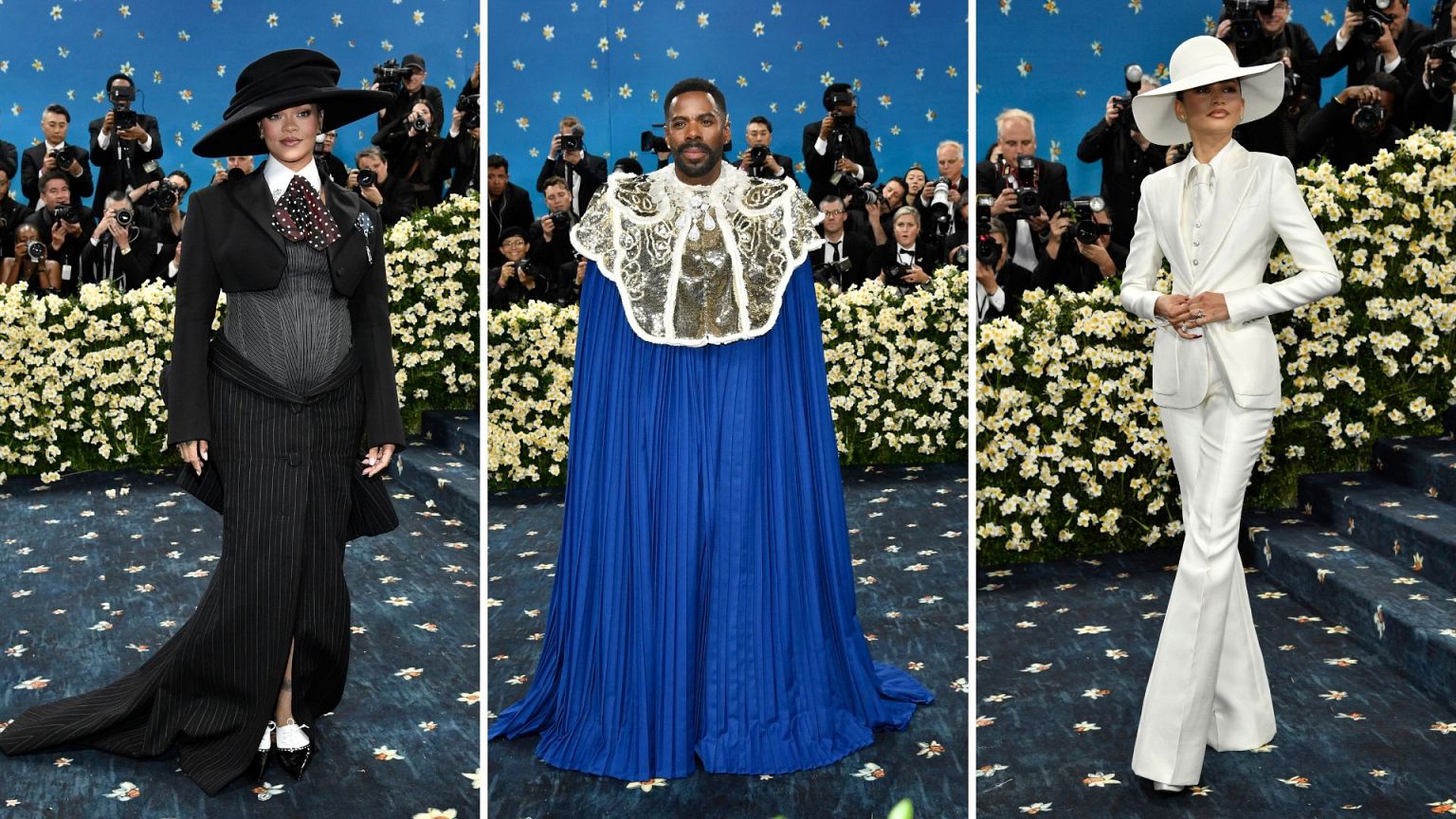California mobilizes National Guard amid concern over unrest
SACRAMENTO, Calif. (AP) — California Gov. Gavin Newsom on Thursday mobilized 1,000 members of the National Guard amid other security precautions over concerns of civil unrest ahead of President Donald Trump leaving office.
The state also erected a temporary chain link fence around the state Capitol, bolstering other temporary and permanent barriers, and the California Highway Patrol has refused to issue permits for rallies that had been planned there.
The moves come as the FBI and others warn of the potential for nationwide civil unrest before or during next week’s inauguration of President-elect Joe Biden.
Newsom said Guard members will “protect critical infrastructure” including the state Capitol while other state officials monitor threats and requests for aid around the clock.
“We’re taking important steps here in California in light of what we saw in our nation’s Capitol just last week,” Newsom said, calling it “an undemocratic and unconscionable assault on our republic and the freedom upon which our nation was founded.”
“We will respond to any potential violent civil unrest leading up to or during the inaugural, if required,” he said in a video message. “We’re treating this very seriously and deploying significant resources to protect public safety, critical infrastructure and First Amendment Rights, but let me be clear: there will be no tolerance for violence.”
Oregon, Washington, Ohio and Pennsylvania are among states that also have deployed the National Guard. The Guard also has been placed at the U.S. Capitol, which was attacked and ransacked last week by Trump supporters.
Brian Levin, director of the Center for the Study of Hate and Extremism at California State University, San Bernardino, said Newsom is wise to take the precautions.
Battleground states where Trump raised questions about the election outcome seem to be in more danger, he said, as are Pacific Northwest, Great Lakes and Southern states. Yet California has an active effort to recall Newsom, anger over the governor’s stay-at-home orders aimed at slowing spread of the coronavirus, and ample numbers of right-wing activists.
The Capitol already has been the site of weekly weekend clashes between Trump supporters and counter-demonstrators.
“We’ve had continuing protests, but we kind of know who the characters are, so the biggest concern I think would come from some wild card,” he said, referring to a loner or a small group organized outside of social media that has been largely shut down or scrubbed since the clash in Washington, D.C.
“We’re not seeing the kind of intensity and geographic-specific chatter and activity that we’re seeing with other states,” Levin said. Yet officials are wise to prepare “as if Sacramento was in the first tier.”
The FBI Sacramento Field Office said it is working with other law enforcement agencies to prepare for any potential violence, and has agents, bomb technicians, tactical teams, intelligence teams and others standing by.
Hundreds of Guard members were deployed in Sacramento and elsewhere in the state last summer amid sometimes destructive protests over the death of George Floyd at the hands of Minneapolis police.
The California state Capitol has largely been locked down for months because of the coronavirus pandemic. But lawmakers began meeting there again this week.
Their meetings are open to the public, but space is limited. On Thursday, three women berated senators about the COVID-19 vaccine during a committee hearing. One woman, who did not give her name, told lawmakers they would “be the first to go” when “the world collapses.”
“Keep telling us we can’t do anything about it and see how much longer we’re going to just sit here and wait to give public comment,” she said. “We didn’t buy guns for nothing.”
“Seventeen million guns were purchased in the United States. First-time gun owners,” another woman told lawmakers. “What do you think they are going to do with that?”
Senate President pro Tempore Toni G. Atkins, D-San Diego, said in a statement that the safety of his colleagues is his priority, “especially now.”
“However the words of two members of the public today are parsed, one thing is clear — they were threats and they are being treated as threats,” Atkins said. ” … Tensions are running high, but as we’ve seen, words have consequences, and we must treat one another with respect.”
The highway patrol rejected a request for a daylong “Let Freedom Ring” rally Sunday that organizer Chris Bish had expected to draw 3,000 people. She said the goal was to gather petition signatures to recall Newsom, to register voters, to support her congressional campaign, and “to peacefully protest our compromised election.”
The highway patrol also barred what was billed as a “Peoples Inauguration Day Peace Rally,” for 100 people on Wednesday “due to the potential for civil unrest.”
Bish has sued the governor over an earlier ban on protests, has been involved in unpermitted protests, and is joining a lawsuit challenging the integrity of the November election. But she’s telling her friends and supporters to stay away from the Capitol and any protests or rallies.
“It is not wise to get mixed up on any potential nightmares that could happen this weekend or next week,” Bish said. “Let the fringe do what the fringe is going to do, because they’re not part of Middle America.”
___
Associated Press writer Adam Beam contributed to this story.





